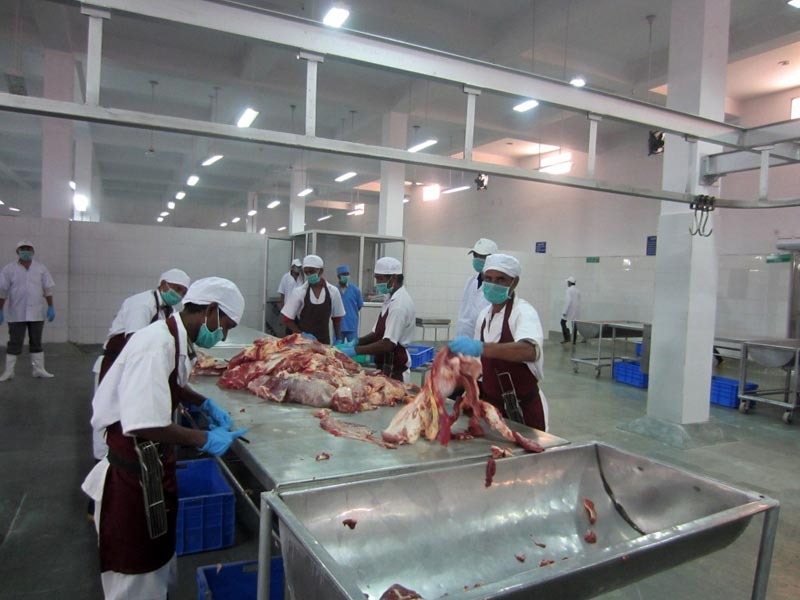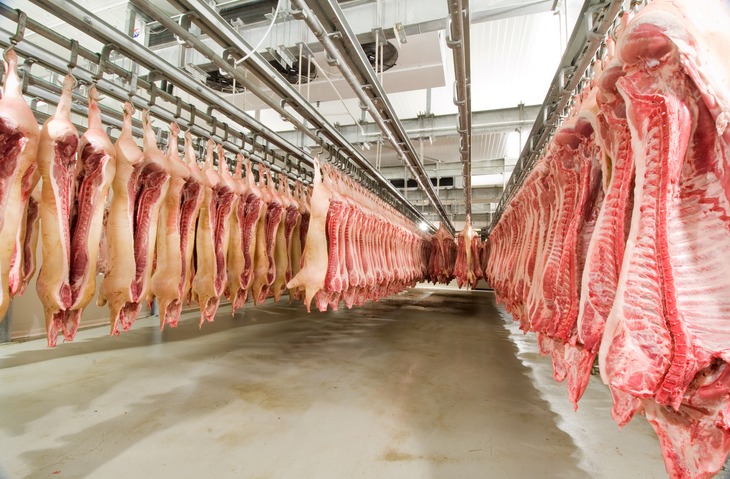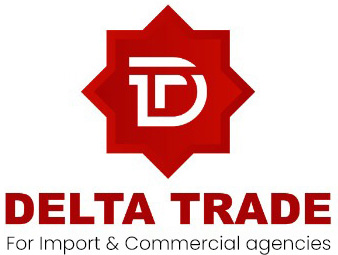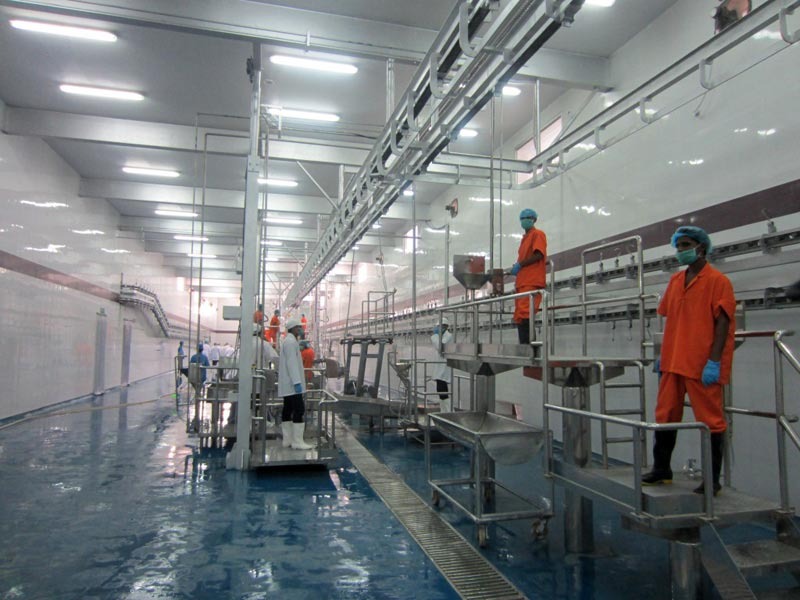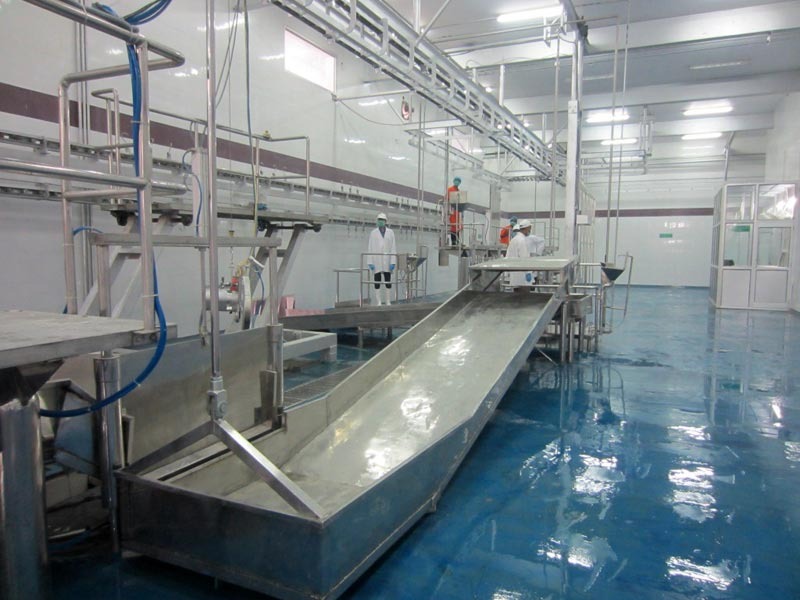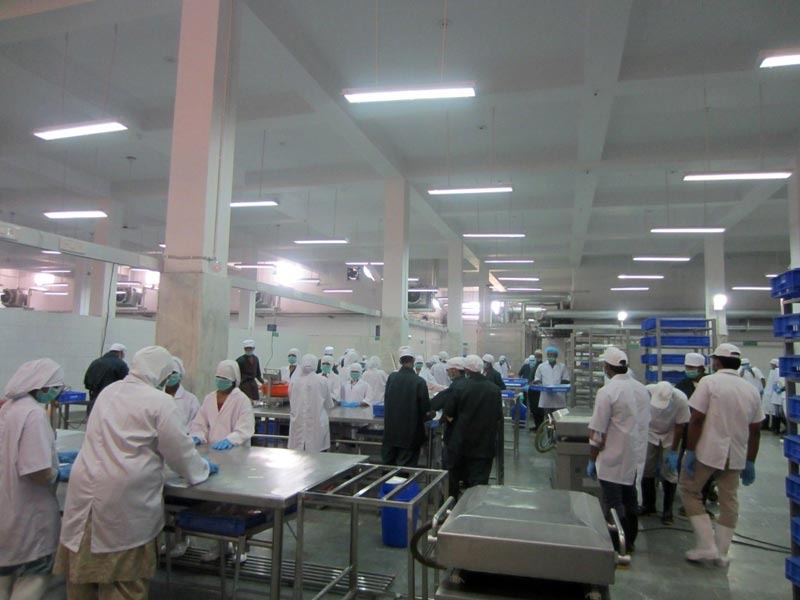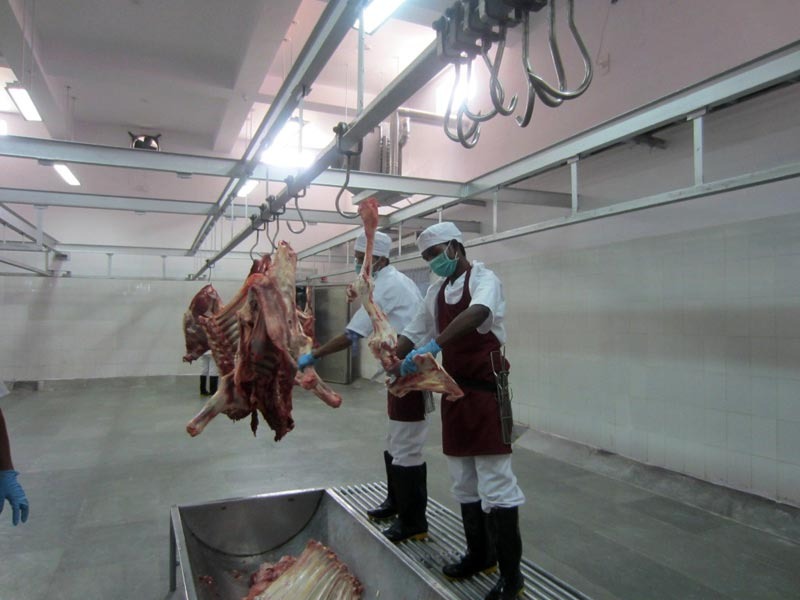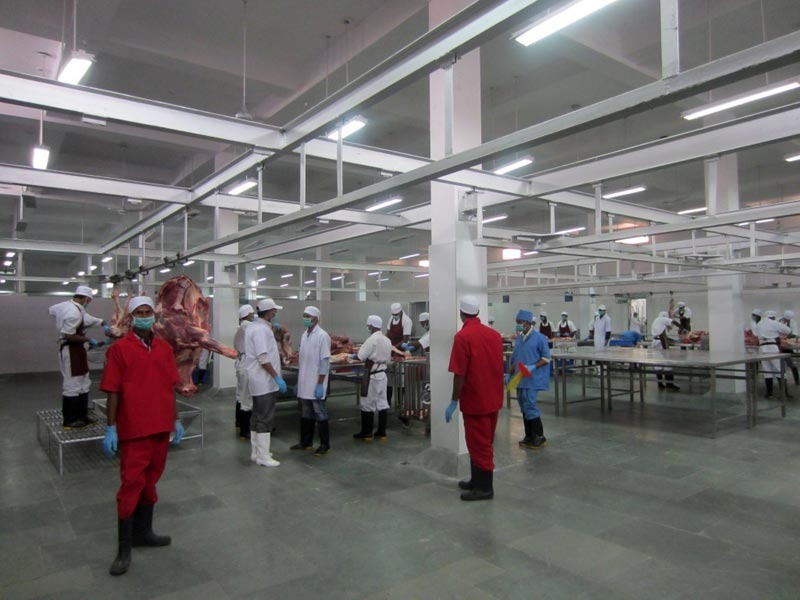In a number of countries around the world, the sharply increasing demand for animal products is met in large part by large-scale livestock production and associated food chains. However, hundreds of millions of small-scale producers and herders depend on livestock for their livelihoods. Besides food production, farm animals play important economic, cultural and social roles and perform a number of functions and services. They are an essential part of agro-ecosystems.
FAO works to enhance the contribution of livestock to achieving the Sustainable Development Goals by supporting the transformation of livestock production systems - both small and large - in ways that are economically, socially and environmentally sustainable.
